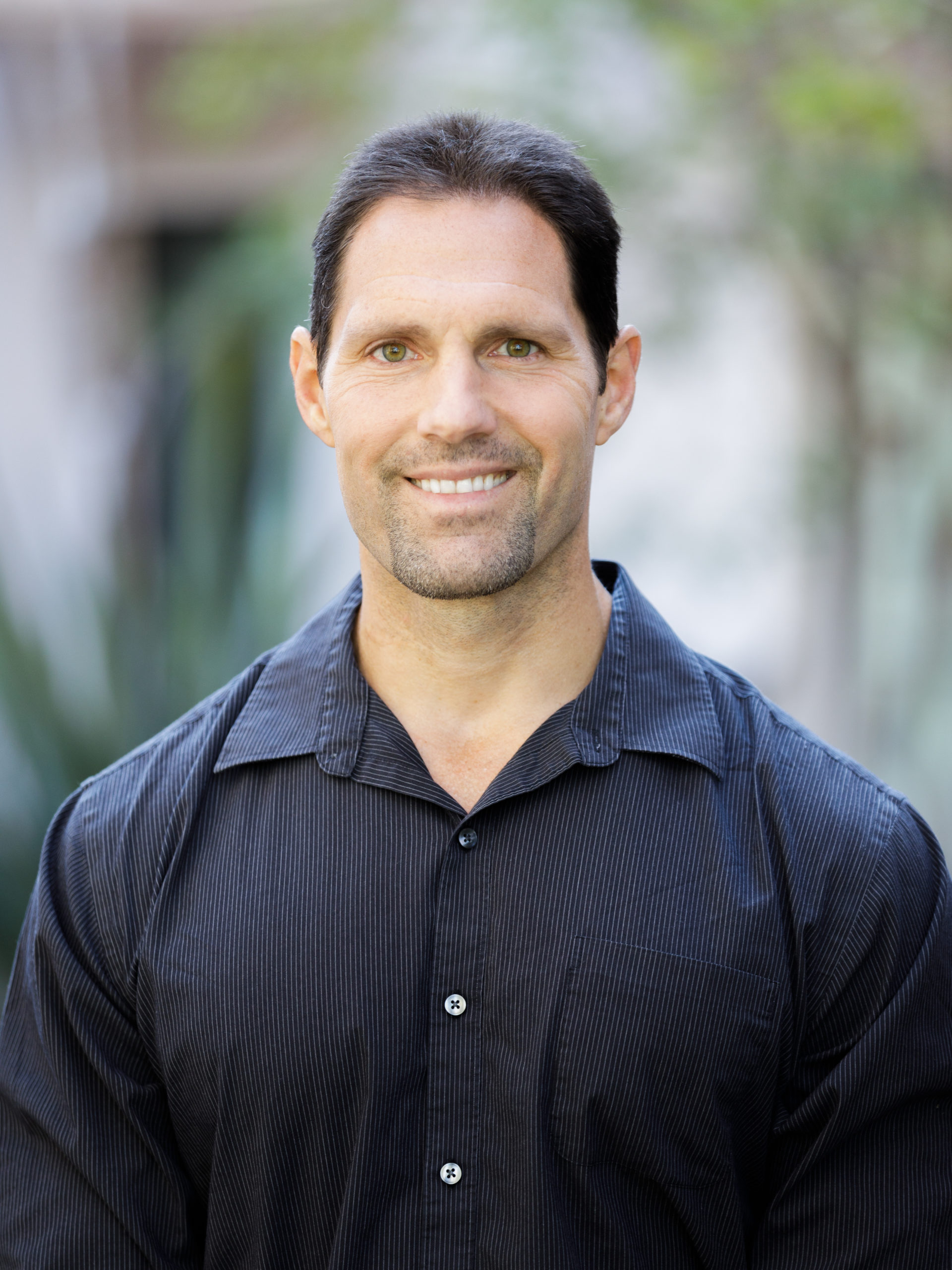About Us
Dr. Dominic D’Agostino
University of South Florida, Associate Professor
Dominic D’Agostino, Ph.D., has maintained involvement in a vast array of professional, academic and personal endeavors. As an Associate Professor with tenure at the University of South Florida, Dom teaches students of the Morsani College of Medicine and the Department of Molecular Pharmacology and Physiology, with a focus on such topics as neuropharmacology, medical biochemistry, physiology, neuroscience, and neuropharmacology. He is also a Research Scientist at the Institute for Human and Machine Cognition (IHMC) to assist with their efforts towards optimizing the safety, health and resilience of the warfighter and astronaut.
His laboratory develops and tests metabolic-based strategies for targeting CNS oxygen toxicity (seizures), epilepsy, neurodegenerative diseases, and cancer. To investigate the mechanism of these pathologies he uses a variety of in vivo and in vitro techniques, including radio-telemetry (EEG, EMG), electrophysiology, fluorescence microscopy, confocal microscopy, atomic force microscopy (AFM), biochemical assays and in vivo bioluminescence imaging. His laboratory has adapted many of these techniques for use inside environmental chambers, which allows them to manipulate oxygen concentrations (from hypoxia to hyperbaric oxygen). His current project is to identify cellular mechanisms of seizures from CNS oxygen toxicity and to develop mitigation strategies against it. His efforts have focused specifically on measuring brain EEG, neuronal excitability, reactive oxygen species (ROS) production and biomarkers of oxidative stress. The main focus of his lab over the last 10 years has been understanding the anticonvulsant and neuroprotective mechanism of the ketogenic diet and ketone metabolite supplementation. The shift in brain metabolism (from glucose to ketones) reduces neuronal hyperexcitability, oxidative stress and enhances brain energy metabolism. This approach can be used to treat a wide variety of pathologies linked pathophysiologically to metabolic dysregulation, including cancer. Other areas of interest include researching drugs that target cancer-specific metabolic pathways. He was a research investigator and crew member on NASA’s Extreme Environment Mission Operation (NEEMO 22) and has a personal interest in environmental medicine and methods to enhance safety and physiological resilience in extreme environments. His research is supported by the Office of Naval Research (ONR), Department of Defense (DoD), private organizations and foundations.
With a wide range of research interests, Dominic D’Agostino holds membership in the Undersea and Hyperbaric Medicine Society, Aerospace Medical Association, Society of Neuroscience, American Physiological Society, and the American Association of Cancer Research, additionally serving on numerous editorial boards and as a Reviewer for dozens scholarly publications. Before joining the faculty at USF, D’Agostino completed a postdoctoral fellowship in neuroscience at Boonshoft School of Medicine at Wright State University. A graduate of Robert Wood Johnson Medical School and Rutgers University, Dominic D’Agostino earned his Ph.D. and B.S. from these respective institutions.
Education
-
1994 – 1998: B.S. Nutritional Sciences and Biological Sciences, Rutgers University, New Brunswick, NJ
-
1999~2004 Ph.D. Neuroscience and Physiology; Division of Pulmonary and Critical Care Medicine; Graduate School of Biomedical Sciences; Rutgers University, Robert Wood Johnson Medical School, University of Medicine and Dentistry of NJ (UMDNJ), New Brunswick, NJ
-
Doctoral Dissertation: “Heme oxygenase is necessary for hypoxic chemosensitivity of cultured rostral ventrolateral medulla neurons” September 3, 2004; UMDNJ-RWJMS (MEB) Mentor: Judith A. Neubauer, Ph.D.
Academic Employment and Research Experience
-
2004~2006: Postdoctoral Fellow (Mentor: Prof. Jay B. Dean) Department of Neuroscience, Cell Biology and Physiology) Wright State University Boonshoft School of Medicine, Dayton, OH
-
2006~2008: Postdoctoral Fellow Molecular Pharmacology and Physiology University of South Florida Morsani College of Medicine, Tampa FL
-
2008~2010: Research Assistant Professor (Non-Tenure Track) Molecular Pharmacology and Physiology University of South Florida Morsani College of Medicine, Tampa FL
-
2010~2015: Assistant Professor (Tenure Track) Molecular Pharmacology and Physiology University of South Florida Morsani College of Medicine, Tampa FL
-
2016~Present: Associate Professor (Tenured) Molecular Pharmacology and Physiology University of South Florida Morsani College of Medicine, Tampa FL
-
2014~Present: Visiting Research Scientist Florida Institute for Human and Machine Cognition (IHMC) Ocala, FL 34471
Dr. Csilla Ari D’Agostino
University of South Florida, Assistant Professor
Csilla Ari D`Agostino, Ph.D. has a broad background in comparative neuroanatomy, molecular biology, microscopy, physiology, with numerous peer reviewed publications, a book, book chapters, 8 provisional patents, as well as many national and international conference presentations.
She completed her PhD in 2008 on the cerebralization, astroglial architecture and blood-brain barrier composition of cartilaginous fishes using immunohistochemical markers on 12 shark and ray species. After completing her PhD at the Semmelweis University, Budapest, Hungary, she moved to the United States of America in 2010 working as a postdoctoral fellow under the CEO of the Byrd Alzheimer`s Institute, University of South Florida. Her project focused on studying the mechanism of neurotransmitter and neurotrophin receptor mislocalization in Alzheimer`s disease and her work involved cell cultures, immunocytochemistry, flow cytometry, spectrophotometry, Atomic Force Microscopy (AFM), fluorescence and confocal microscopy, RT-PCR and recombinant DNA techniques.
She also worked with fluorescence live cell imaging of mitochondria, cell cultures, and gene transfection.
After receiving a grant funding together, a collaborative project started with Dr. Dominic D`Agostino in 2012 that focused on the effect of hyperbaric oxygen on the viability, ROS production and oxidative stress of aging central nervous system. Later she joined Dominic`s laboratory and lead a project to test metabolic therapies on an ALS transgenic mouse model (SOD1G93A) using behavioral tests. During this time she has been involved in other projects, such as testing the effects of ketone supplements on seizure disorders and dietary interventions of cancer which also included in vivo imaging of mice. In 2013 she became a Research Associate and was leading several projects independently, such as testing ketone supplements on GLUT1 deficiency syndrome mice, and serendipitously discovered further applications of the ketone supplements that she started to explore further, leading to 8 provisional patents. In the meantime, she developed several national and international collaborative projects that she contributed with work on the AFM, calcium imaging, histology and hyperbaric experiments.
In 2017 she established her laboratory at the Psychology Department at the University of South Florida, focusing on studying the behavioral affects of exogenous ketone supplements and the underlying mechanisms using mostly confocal microscopy.
In the same year she became involved in psychological and physiological studies on Aquanauts through NASA Extreme Environment Mission Operations (NEEMO22) and the Institute of Human and Machine Cognition to study psychological and physiological effects of living in a saturation environment which serves as a space analog. A year later she was selected to be a crew member for the NASA Extreme Environment Mission Operations (NEEMO23) that took place in June 2019, where she participated as a research lead and also as one of the four female crew member.
In 2017 she co-founded Ketone Technologies LLC in order to help advance research and education initiatives about ketogenic diets and metabolic therapies.
Her passion to study giant manta rays started when she was 13 years old. During her carrier she studied manta ray neurobiology, as well as their sensory, cognitive abilities, social behavior, morphology and physiology with evolutionary implications. These projects lead to several publications, a Research Recognition Award from the American Physiological Society, Comparative and Evolutionary Physiology Section. She described that manta rays have the largest brain of all fish and the accidental discoveries about the manta rays` ability to change the intensity of their white patterns rapidly and their ventral coloration over time. Her discoveries on manta rays were highlighted by the prestigious Nature magazine, National Geographic and several other media channels.
The KetoNutrition Team
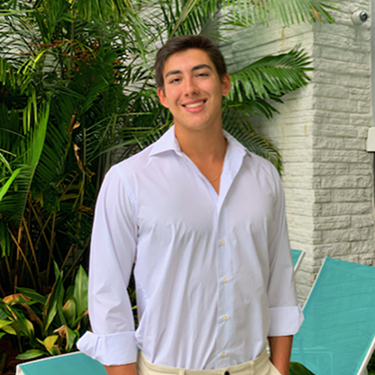
Daniel Pereira
Digital Marketing & Social Media

David J Giordano
Guest Writer
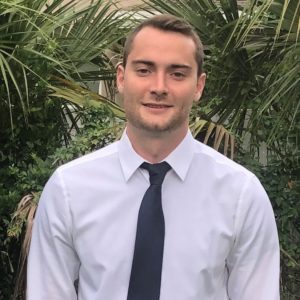
Evan Adler
Guest Writer
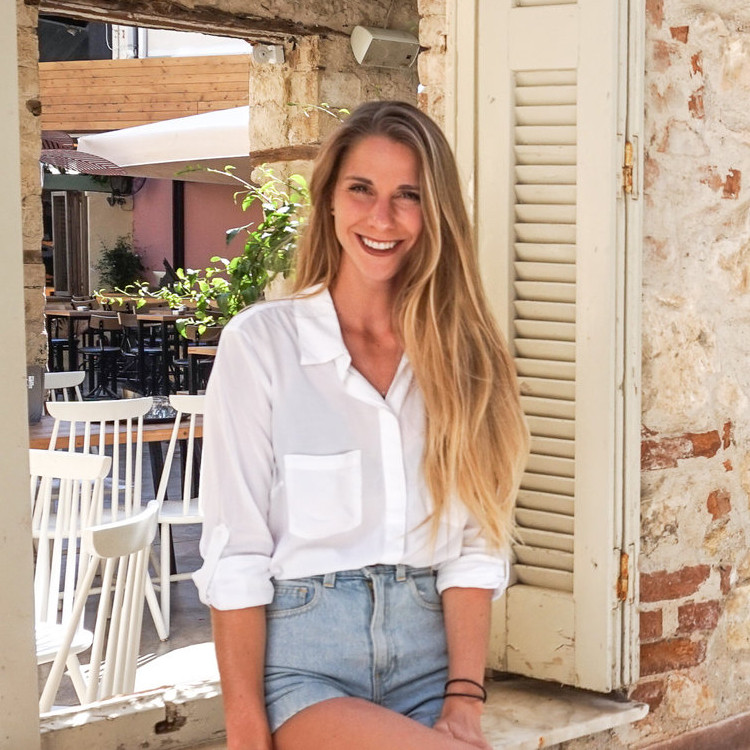
Kristi Storoschuk
Guest Writer

Vin Petronelli, BSN, RN, TCRN
Guest Writer
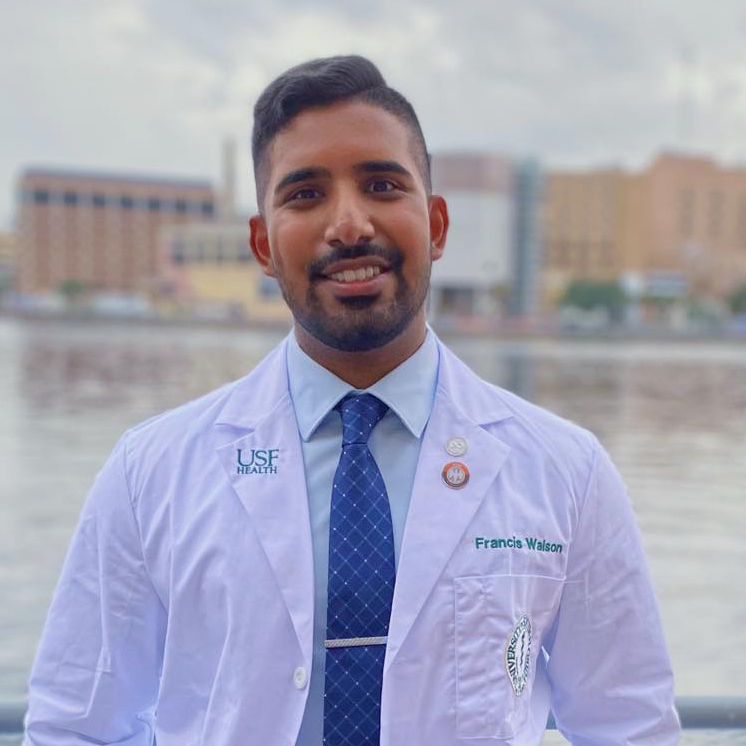
Francis "Sean" Walson
Guest Writer

Karina Noboa
Guest Writer
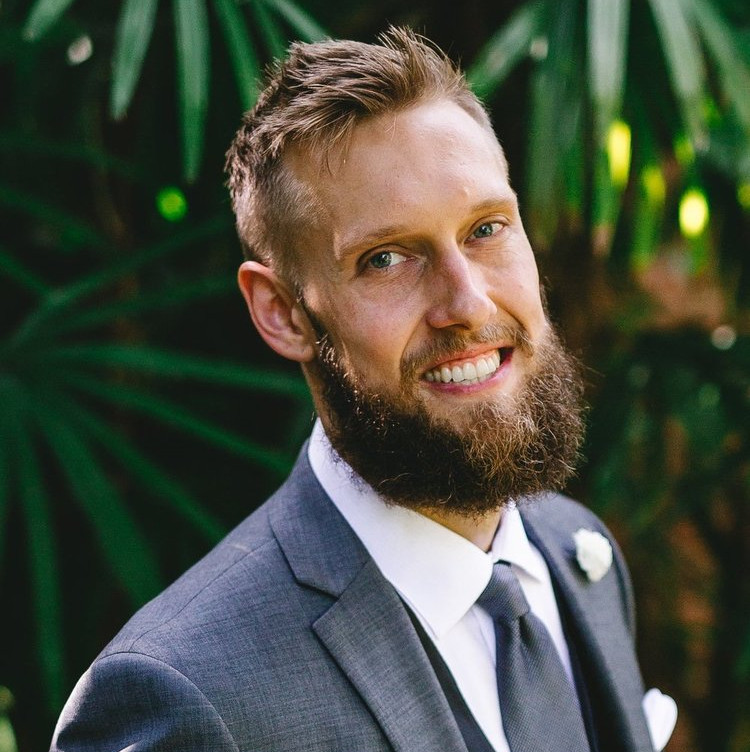
Dr. Andrew Koutnik
Guest Writer
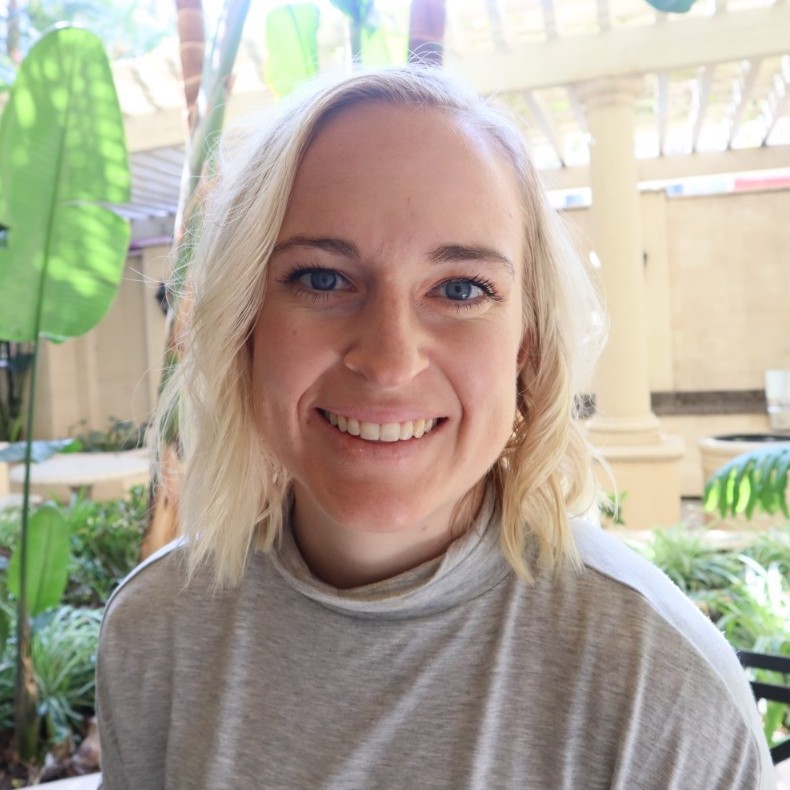
Kaylie Zapanta
Guest Writer

Dr. Milene Brownlow
Guest Writer

Maria Edwards
Guest Writer
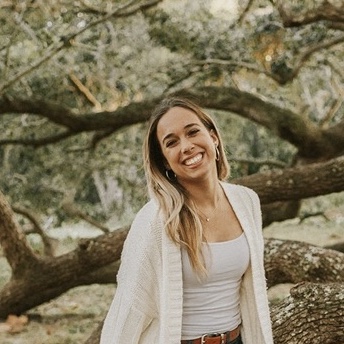
Natalya Thomas
Guest Writer
Disclosure:
This is the personal website of Dom D’Agostino. Guest writers assist with content on the blog based on their expertise and topics of interest.
Dom occasionally receives speaking honorariums (that support his research) from academic institutions, industry and organizations when asked to speak about his research or personal experience.
Dom makes comments and reviews on his blog regarding other products he personally uses. For some of these products he may receive compensation from such companies in the form of affiliate income. Affiliate income generated is used to support expenses related to research.
Sign Up for Keto Tips in Your Inbox
Subscribe today to learn more about improving your
metabolic health with the Ketogenic Diet!

